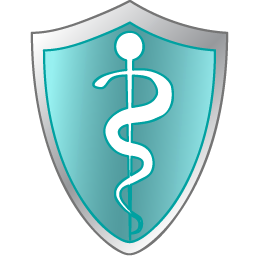
Diagnosis API
* Overview:
* Tools that leverage artificial intelligence (AI) to analyze patient data for diagnostic purposes.
* Typically comprise two components: a diagnostic engine and a knowledge base.
* Can be integrated into hospital workflows via APIs.
* Functionality:
* Diagnostic Engine: Analyzes patient inputs (symptoms, demographics, lab results) or extracts clinical features from electronic health records.
* Knowledge Base: Contains information on conditions, diseases, and treatment procedures.
* Combines patient data with knowledge base to generate a preliminary diagnosis or care suggestions.
Blood Tests
* Benefits:
* Provide insights into overall health, including muscle, heart, organ, and bone function.
* Assist in diagnosing diseases and tracking potential concerns.
* Can aid in early detection of medical issues.
* Types of Blood Tests:
* Complete Blood Count (CBC): Screens for infection, anemia, nutritional deficiencies, and more.
* Basic Metabolic Panel (BMP): Measures electrolytes, glucose, and other components in the blood.
* Frequency:
* Routine blood tests, such as the CBC, are typically recommended annually.
* Individuals with pre-existing conditions may require more frequent testing.
* Frequency varies based on age and overall health.


DDxHub is a concentrator that holds a lot of disease descriptions. It relies on the System knowledgebase to diagnose a health condition.
Differential diagnosis Hub is the System distinguishing of a particular disease or health condition from others.